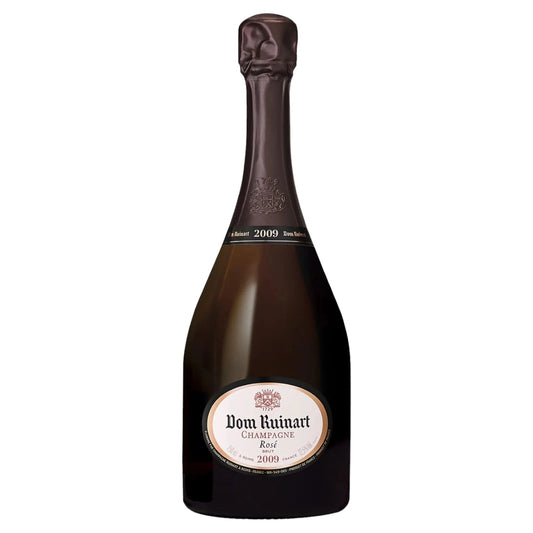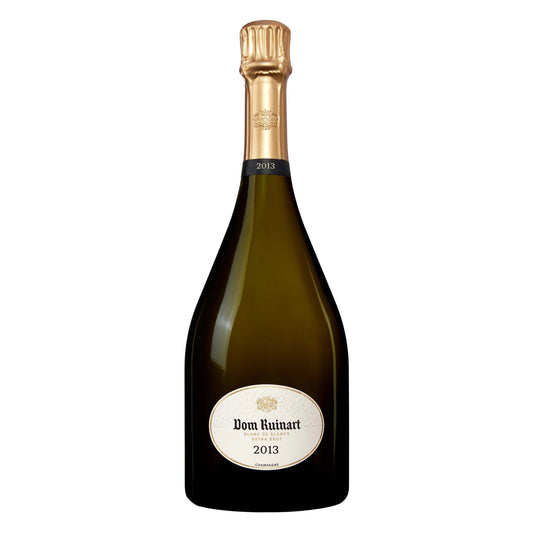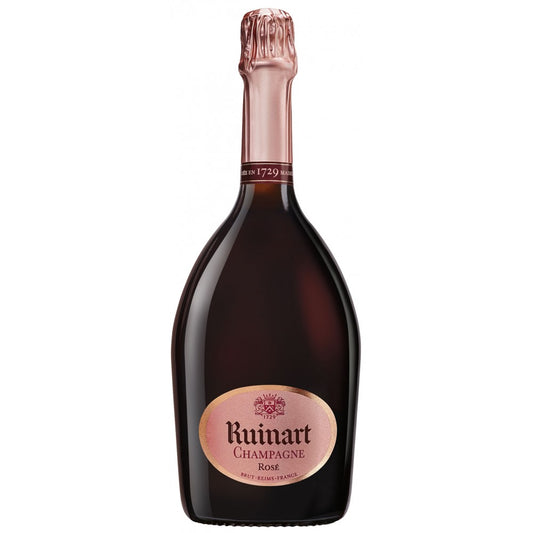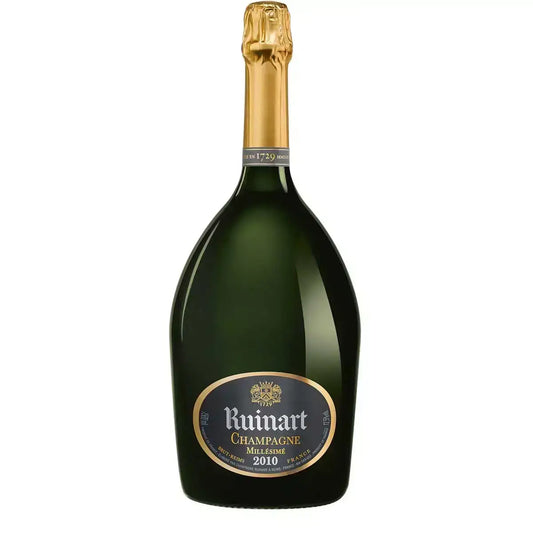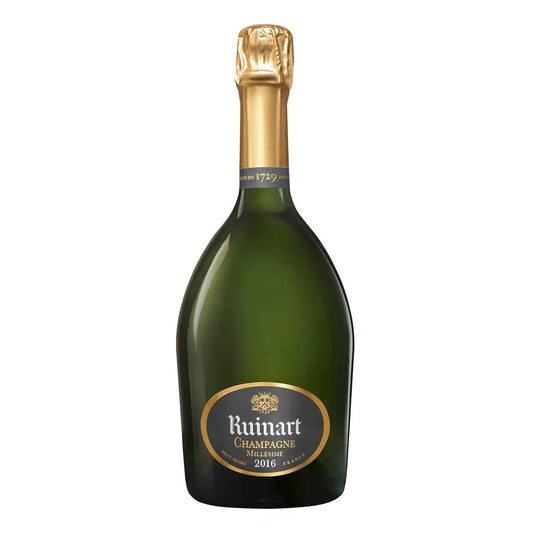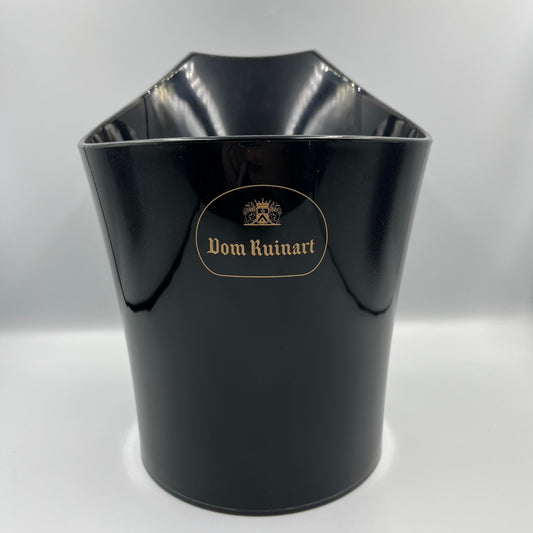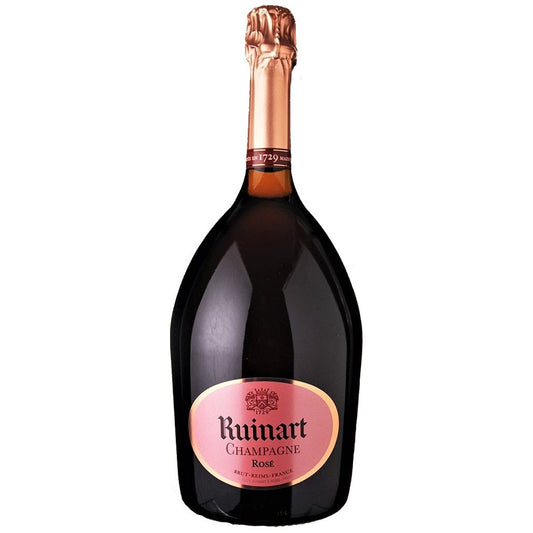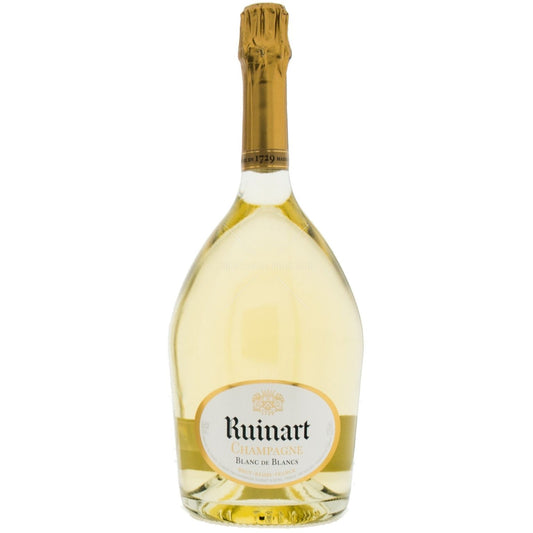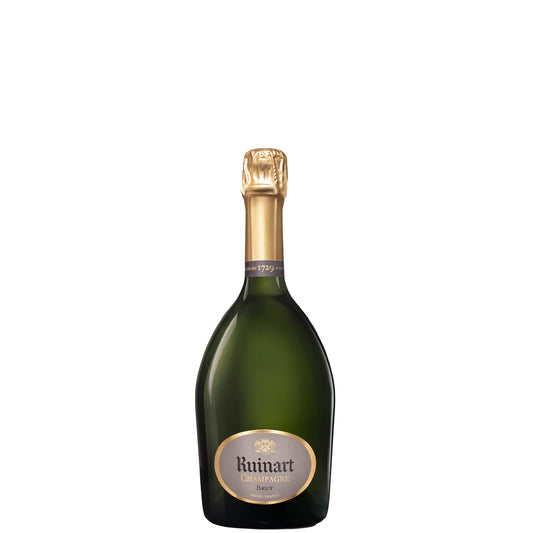-
Dom Ruinart Vintage 2009 Rosato
Prezzo regolare €232,95 EURPrezzo regolarePrezzo unitario per -
Dom Ruinart annata 2013
Prezzo regolare €218,95 EURPrezzo regolarePrezzo unitario per -
Ruinart Rosé NV
Prezzo regolare €85,95 EURPrezzo regolarePrezzo unitario per -
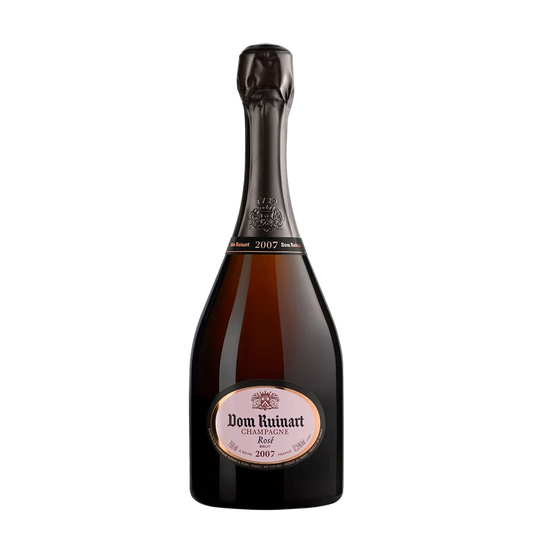 Esaurito
EsauritoDom Ruinart Vintage 2007 Rosé
Prezzo regolare €238,95 EURPrezzo regolarePrezzo unitario per -
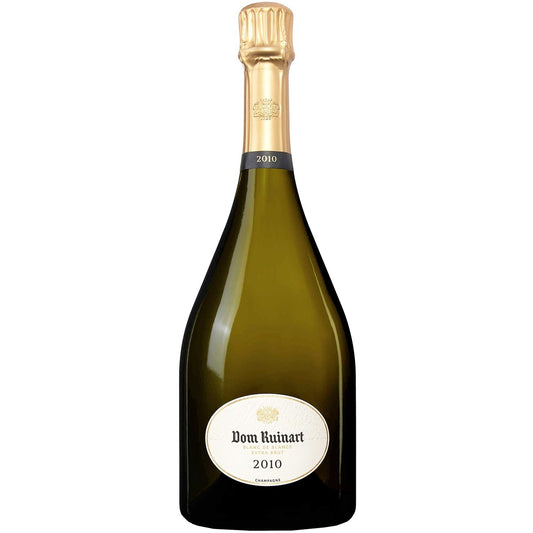 Esaurito
EsauritoDom Ruinart annata 2010
Prezzo regolare €211,95 EURPrezzo regolarePrezzo unitario per -
Ruinart Vintage 2010 Magnum
Prezzo regolare €221,95 EURPrezzo regolarePrezzo unitario per -
Ruinart annata 2016
Prezzo regolare Da €92,95 EURPrezzo regolarePrezzo unitario per -
Raffreddatore per champagne Dom Ruinart
Prezzo regolare €218,95 EURPrezzo regolarePrezzo unitario per -
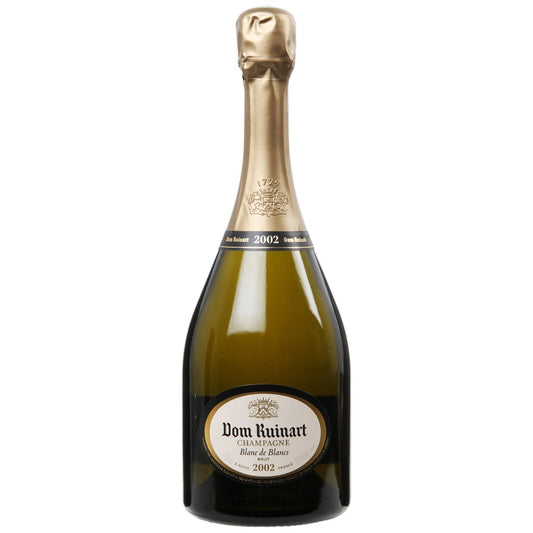 Esaurito
EsauritoDom Ruinart annata 2002
Prezzo regolare €307,95 EURPrezzo regolarePrezzo unitario per -
Ruinart Rosé NV Magnum
Prezzo regolare €218,95 EURPrezzo regolarePrezzo unitario per -
Ruinart Blanc de Blancs NV Magnum
Prezzo regolare €204,95 EURPrezzo regolarePrezzo unitario per -
Ruinart Brut NV Mini
Prezzo regolare €51,95 EURPrezzo regolarePrezzo unitario per -
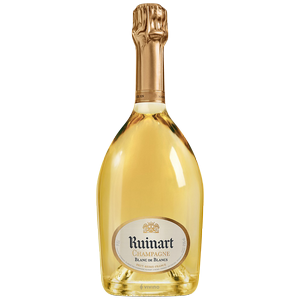 Esaurito
EsauritoRuinart Blanc de Blancs NV
Prezzo regolare €88,95 EURPrezzo regolarePrezzo unitario per -
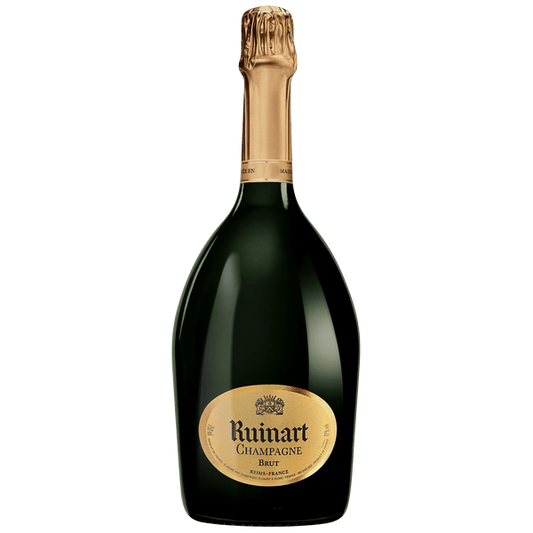 Esaurito
EsauritoRuinart Brut NV
Prezzo regolare €81,95 EURPrezzo regolarePrezzo unitario per -
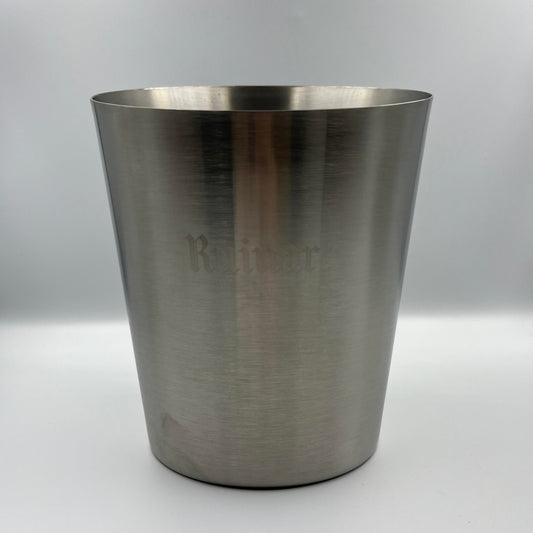 Esaurito
EsauritoSecchiello Champagne Ruinart
Prezzo regolare Da €54,95 EURPrezzo regolarePrezzo unitario per
Di più su Ruinart
Parallelamente alla fondazione della società di champagne Ruinart, la Francia iniziò a sviluppare uno stile di vita caratterizzato da grande cultura e apprezzata eleganza, raffinatezza, delicatezza e buon gusto. Gli champagne appena introdotti da Ruinart, che erano popolari in particolare tra la classe alta, si adattavano bene a questa tendenza di alta cultura. Per creare i loro prodotti nel modo migliore possibile, Ruinart era costantemente alla ricerca delle conoscenze più avanzate. Sebbene Dom Pérignon, Möet & Chandon e Veuve Clicquot siano più noti di Ruinart, questo non è necessariamente un aspetto negativo. L'azienda non ha lo stesso appeal commerciale di cui sopra a causa del marketing modesto del marchio e della produzione inferiore, ma un vero intenditore di champagne capisce molto bene quanto sia buono questo champagne.
Tuttavia, di recente si sono fatti un nome in America, anche se su scala molto più piccola. Ruinart non ha intenzione di affrontare i grandi nomi. Secondo i membri del consiglio, non venderanno i loro prodotti nei locali notturni, nei supermercati o "in particolare non a Las Vegas". Consentiranno l'accesso ai loro prodotti solo in determinati ristoranti e negozi di vini specializzati perché il loro principale mercato di riferimento è l'intenditore di vini di qualità. Tuttavia, di recente si sono fatti un nome in America, anche se su scala molto più piccola. Ruinart non ha intenzione di affrontare i grandi nomi. Non venderanno i loro prodotti nei locali notturni o nei supermercati e "in particolare non a Las Vegas", secondo i membri del consiglio. Consentiranno l'accesso ai loro prodotti solo in determinati ristoranti e negozi di vini specializzati perché il loro principale mercato di riferimento è l'intenditore di vini di qualità.
Il "Blanc de Blancs" di Ruinart incarna perfettamente tutti i valori della casa di champagne, tra cui l'utilizzo di ingredienti di prima qualità e tecniche di produzione meticolose. La straordinaria purezza, freschezza e forza aromatica di questo champagne derivano dall'uso solo delle migliori uve Chardonnay locali. Ha un sapore di agrumi tremendamente piacevole ed è incredibilmente semplice da consumare perché è fatto solo con uve Chardonnay bianche. Prima di trasformarsi in un corpo più floreale di gelsomino, fiori d'arancio e acacia, si apre con note di pomelo, limoni e pompelmo. Uno spumante impiega normalmente 15 mesi per generare le bollicine distintive che lo distinguono dal vino normale. Il Blanc de Blancs di Ruinart viene fatto maturare per almeno tre anni per offrire più sapore e consistenza. Per contrastare l'acidità delle uve bianche, aggiunge un po' di cremosità.
I produttori di champagne consigliano di servire le loro bevande tra 8 e 10 gradi. Quando lo champagne viene consumato a temperatura ambiente, la sua acidità lascia un retrogusto amaro. Per ottenere il sapore migliore, dovrebbe essere conservato a una temperatura di 6-8 gradi, mentre viene consumato a 8-10 gradi dopo l'apertura. Il mastro cantiniere di Ruinart afferma che è l'ideale per dissetarsi in un pomeriggio caldo. Forse non lo sai, ma Ruinart è lo champagne più popolare in Europa per via del suo prezzo accessibile e del suo sapore superiore.
